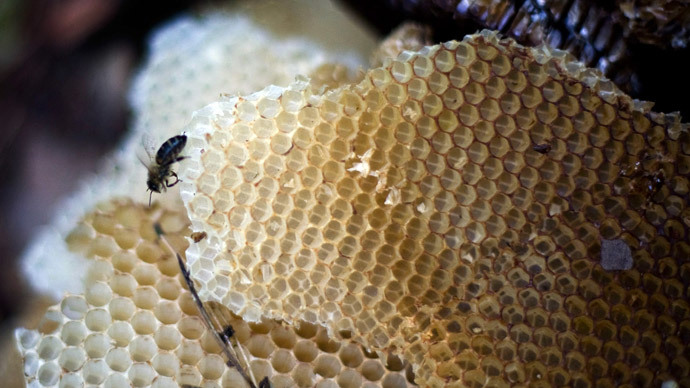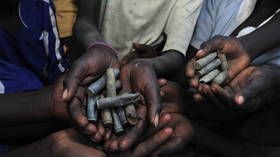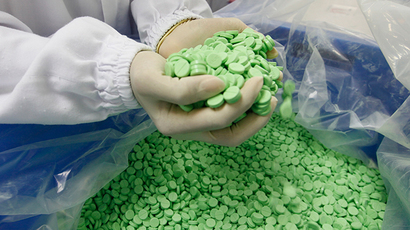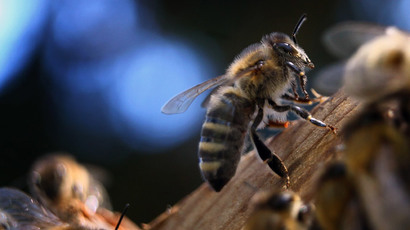Honeybee antibiotics? Fresh honey ‘key’ to beating drug-resistant infections, scientists say

Swedish scientists have detected 13 bacterial components in raw honey that they say are more effective than conventional antibiotics in fighting deadly wound infections, including MRSA. The bacterial blend has already been effectively tested on horses.
“Antibiotics are mostly one active substance, effective against only a narrow spectrum of bacteria. When used alive, these 13 lactic acid bacteria produce the right kind of antimicrobial compounds as needed, depending on the threat. It seems to have worked well for millions of years of protecting bees' health and honey against other harmful microorganisms,” said Tobias Olofsson, professor of Medical Microbiology at Lund University, and author of twostudies that have been published in International Wound Journal this week.
The Lund scientists isolated 42 different pathogens in the open wounds of 22 patients – Pseudomonas aeruginosa and vancomycin-resistant Enterococcus (VRE) as well as MRSA – and treated them with the 13 lactic acid bacteria from honey. The results were “comparable” with antibiotics.
They may be even more effective against the growing number of drug-resistant strands of common infections, which the US Centers for Disease Control and Prevention say killed more than 23,000 people last year.
The one most likely to be targeted with honey bacteria, MRSA – which is carried by millions of healthy people with no symptoms – kills more than 11,000 people each year, with another 70,000 suffering serious illness.

The research team has already conducted an animal trial on ten horses with persistent wounds. Though these horses were considered untreatable, they have reportedly all healed.
Despite its promising qualities, not everyone can make the natural remedy at home.
“Since store-bought honey doesn't contain the living lactic acid bacteria, many of its unique properties have been lost,” said Olofsson.
Nonetheless, the authors hope that honey remedies can be used more widely in the developing world, where last-line antibiotics may not be easily available, or sufficiently affordable, but where fresh honey can be plentiful.
“This new treatment may be a stepping stone towards an alternative solution to antibiotics,” conclude the authors.














